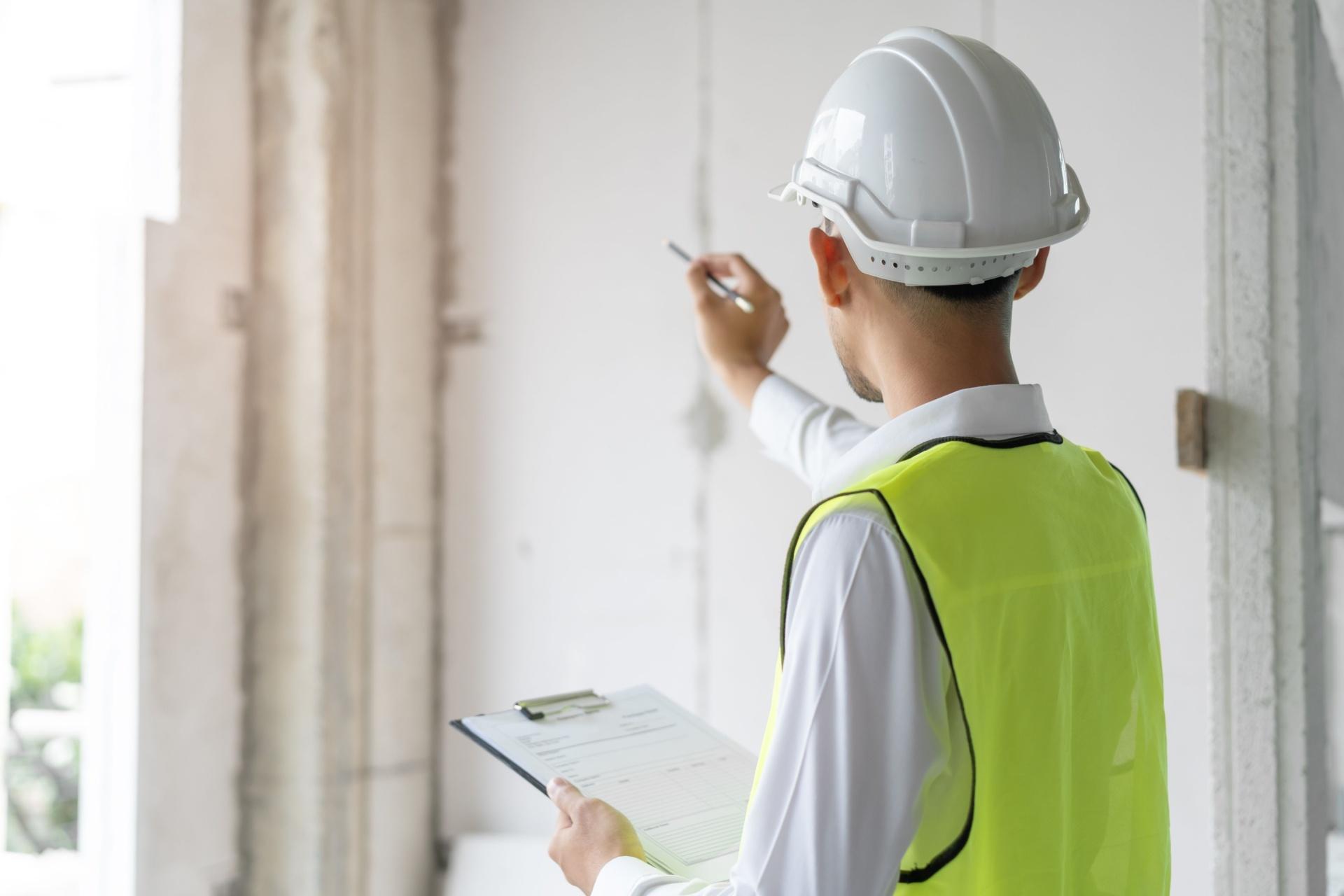If you're buying a home in Florida with a swimming pool, it's easy to get caught up in the dream. Picture warm afternoons, friends gathered on the patio, kids splashing around, and the relaxing sound of water under the palm trees. A backyard pool is more than a feature—it’s a lifestyle.
But before you finalize that purchase, it’s important to pause and take a closer look beneath the surface. While a pool may look pristine, there could be hidden issues that only a professional pool inspection can uncover.
In this blog, we’ll cover everything you need to know about pool inspections—what they involve, why they’re essential, and how to choose the right inspector.
Why Pool Inspections Matter
Swimming pools are complex systems involving plumbing, electrical components, filtration, structural integrity, and water chemistry. Even if a pool looks well-maintained on the outside, hidden problems like leaks, equipment failure, or code violations may be lurking.
A professional pool inspection helps protect your investment, ensures safety, and gives you peace of mind before purchasing a property. Without it, you might be stuck with costly repairs—or worse, safety hazards—after closing.
What Happens During a Pool Inspection?
A comprehensive pool inspection goes far beyond simply checking if the water is clear. Here’s what a certified pool inspector typically evaluates:
1. Physical Condition of the Pool
-
Size, age, and construction material of the pool
-
Surface integrity—looking for cracks, stains, or damage to tiles, grout, or cement
-
Pool liner inspection for signs of wear, tears, or bubbling
-
Functionality of jets, skimmers, drains, and return lines
2. Surrounding Pool Area
-
Decking and walkways are checked for cracks or settlement issues
-
Skimmer lids and pool edges are inspected for safety concerns
-
Drainage and slope of the surrounding area to ensure water doesn’t collect dangerously
Any structural shifts or settling can be a red flag, especially if cracks in the deck appear near the pool walls.
3. Pool Equipment Check
-
Filter systems
-
Pump motors and timers
-
Heaters (if installed)
-
Lighting and electrical grounding
-
Control panels and automation systems
If any of the equipment is turned off, the inspector may activate it to observe how it functions. While inspectors don’t dismantle equipment, their trained eyes can often detect performance issues or warning signs.
4. Water Quality and Chemistry
An often-overlooked part of the pool inspection is water testing. Poor water chemistry can lead to scaling, corrosion, staining, or even health hazards. Inspectors check for proper balance of:
-
pH
-
Alkalinity
-
Calcium hardness
-
Chlorine or sanitizer levels
Balanced water chemistry not only protects swimmers but also extends the life of your pool's finish and equipment.
5. Safety & Code Compliance
Safety is a top priority in any pool inspection. Inspectors will evaluate whether the pool meets local building codes and safety standards, which may include:
-
Proper fencing and gates
-
Alarms on doors leading to the pool area
-
Anti-entrapment drain covers
-
Handrails and steps for safe access
In many Florida counties, specific regulations require barriers or enclosures around the pool to protect children and pets. Missing or non-compliant safety features can result in major concerns—not to mention extra expenses after purchase.
What If the Inspector Finds a Problem?
Discovering issues during a pool inspection doesn’t mean you have to walk away from the home. In fact, it’s often an opportunity to negotiate repairs or price adjustments before closing.
For example, if a filter needs replacement or if a heater is malfunctioning, your agent may be able to work with the seller to fix the issue—or reduce the sale price accordingly.
The key is timing. Once you close on the property, it’s generally sold as-is, and you’ll be responsible for any repairs. That’s why scheduling a pool inspection before finalizing the purchase is critical.
Can a Home Inspector Do a Pool Inspection?
Not all home inspectors are qualified to conduct pool inspections. While many standard home inspections focus on the roof, plumbing, HVAC, and structural components of a home, they often don’t include pools—unless the inspector is specifically certified.
That said, some home inspection companies, like Guardian Angel Inspections, offer bundled services. Their inspectors are fully licensed to evaluate pools along with the rest of the home, providing a convenient and cost-effective way to protect your investment.
Choosing the Right Pool Inspector
When searching for pool inspection services near you, don’t settle for just anyone. Look for these qualities in a qualified inspector:
-
Proper licensing and certification
-
Strong reputation and reviews
-
Experience inspecting pools in your area
-
Knowledge of local codes and safety regulations
Hiring an expert with specialized knowledge ensures nothing is missed—and gives you the information you need to make smart buying decisions.
Don’t Skip the Inspection—Enjoy Your Pool with Confidence
Buying a home with a pool is exciting, but it also comes with responsibilities. A professional pool inspection helps you enter homeownership with eyes wide open, knowing exactly what you’re getting.
From equipment evaluations to safety checks and water testing, a thorough inspection reveals whether your future pool is a dream come true—or a costly surprise. By investing in this step upfront, you can enjoy your pool with confidence and peace of mind.
Looking for trusted pool inspection services in Florida?
Contact Guardian Angel Inspections today to schedule your pool and home inspection with certified experts who know what to look for—so you can make the most of your new backyard oasis.



